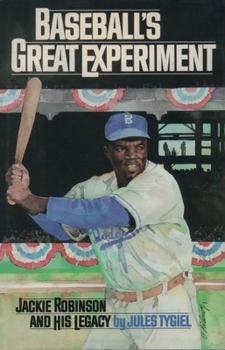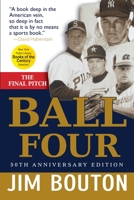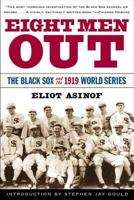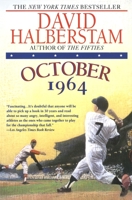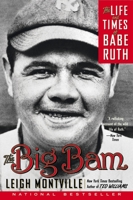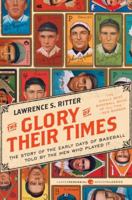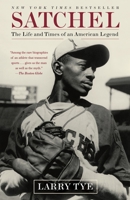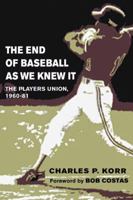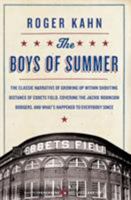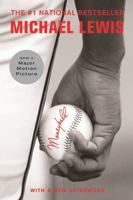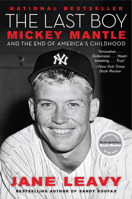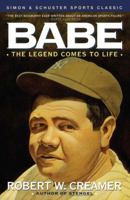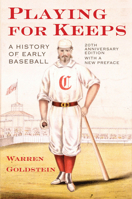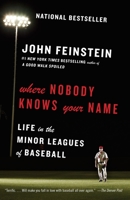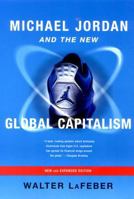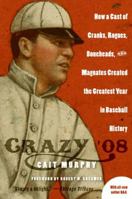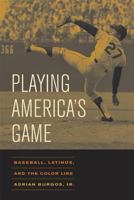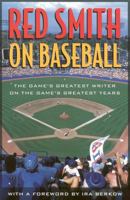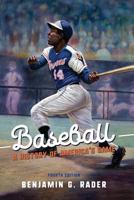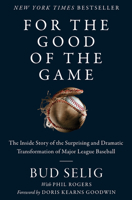Baseball's Great Experiment: Jackie Robinson and His Legacy
Select Format
Select Condition 
Book Overview
In this gripping account of one of the most important steps in the history of American desegregation, Tygiel tells the story of Jackie Robinson's crossing of baseball's color line. Examining the social and historical context of Robinson's introduction into white organized baseball, both on and off the field, Tygiel also tells the often neglected stories of other African-American players--such as Satchel Paige, Roy Campanella, Willie Mays, and Hank Aaron--who helped transform our national pastime into an integrated game. Drawing on dozens of interviews with players and front office executives, contemporary newspaper accounts, and personal papers, Tygiel provides the most telling and insightful account of Jackie Robinson's influence on American baseball and society.
You Might Also Enjoy
Customer Reviews
Rated 5 starsA must-read baseball classic
Author Jules Tygiel describes "Baseball's Great Experiment: Jackie Robinson and His Legacy," as "Not a biography of Jackie Robinson, but rather a broad social history of the integration process in baseball." Naturally, Robinson plays a central role in the story. In the afterword of the 25th anniversary edition of the classic work, Tygiel stresses that the book is also the history of the Negro Leagues, the campaign to end...
0Report
Rated 5 starsBASEBALL'S GREAT EXPERIMENT
I RECEIVED THE BOOK IN EXCELLENT CONDITION AND IN A TIMELY MANNER. GOOD JOB. T[[ASIN:0195339282 Baseball's Great Experiment: Jackie Robinson and His Legacy] THANK YOU!
0Report
Rated 5 starsReal Eye-Opener
THis is a wonderful book that I can't praise enough. If you - like me - have been putting off reading about Jackie Robinson and the other black baseball pioneers of the late 1940's and 1950's, this is the book for you. It's a shocking description of just what life was like for blacks at that time. It's a real eye-opener that needs to be read by all baseball fans and all students of American history.
0Report
Rated 5 starsA book that increased my understanding
I have a better understanding of integregation and how it affected every American no matter what his race or beliefs. Baseball was a pioneering vechicle for social questioning and challenged many men other than Branch Rickey and Jackie Robinson into greatness. They were courageous men who had to fight convention and who lead other Americans to follow their example. I realize the impact integration had on everyone involved...
0Report
Rated 5 starsDefinitive book on Robinson and civil rights
Professor Tygiel's book is the definitive work on the importance of Jackie Robinson to American history. Tygiel writes a well-researched, dynamic narrative that illustrates Robinson's incredible achievements and strength of character. This book, unlike others on Robinson, focuses on the years before and after 1947 as well. By doing this, Tygiel reveals the impact of Robinson's achievement in the context of the emerging...
0Report










